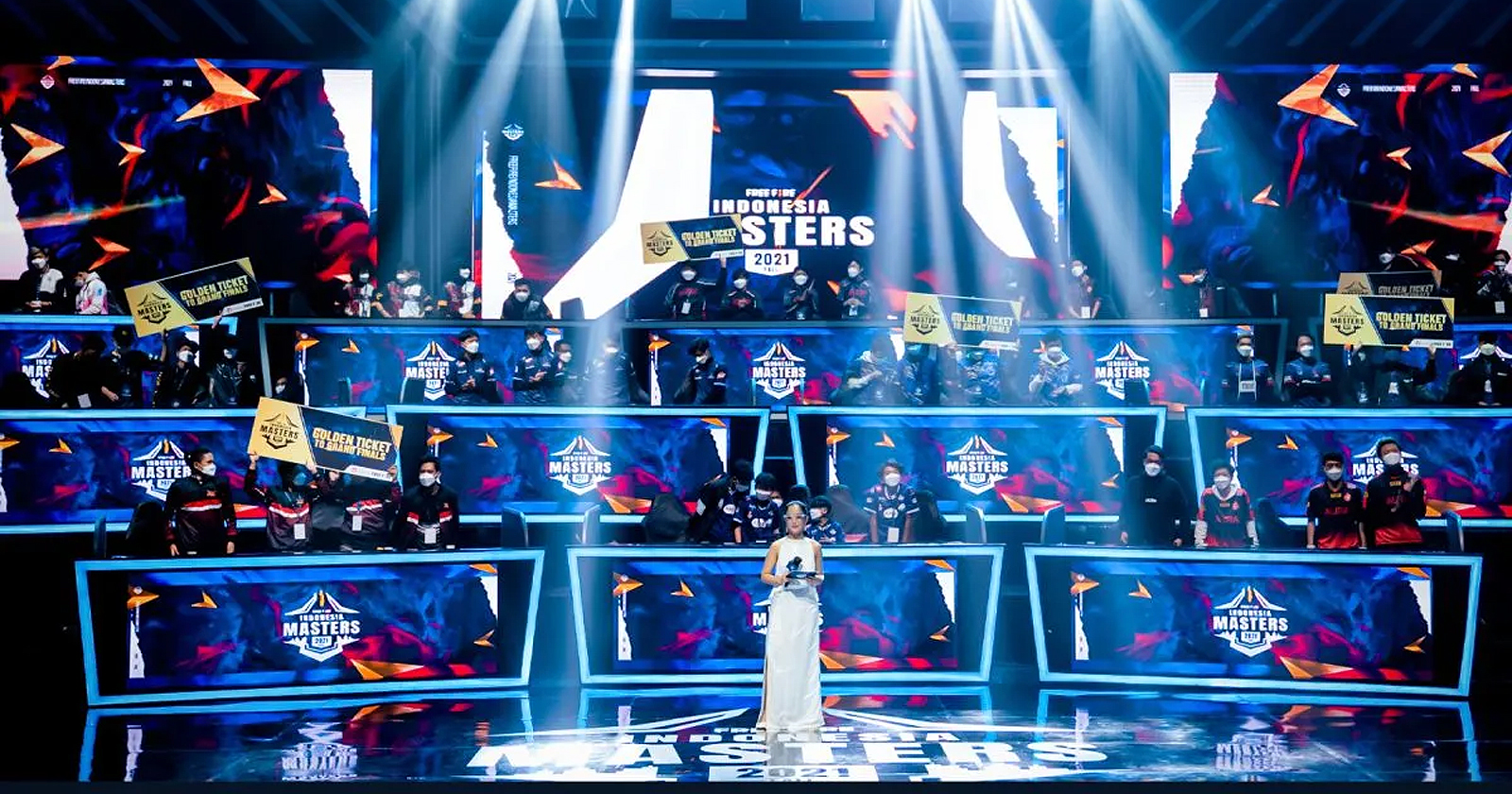Esport One of Professional Game Entertainment
Submit2directory.net – Esports, short for electronic sports, refers to competitive video gaming where individuals or teams compete against each other in various video game titles for entertainment and monetary rewards. Over the past two decades, esports has evolved from a niche hobby to a global phenomenon, attracting millions of players and viewers, significant investments, and professional status for top players. The esports industry encompasses numerous game genres, professional leagues, tournaments, sponsorships, streaming platforms, and a dedicated fan base.
Read More : Perkembangan Game Mobile
History and Evolution
The origins of esports can be traced back to the early 1970s, when the first known video game competition took place at Stanford University for the game “Spacewar!” However, it wasn’t until the late 1990s and early 2000s, with the rise of the internet and online gaming, that esports began to gain significant traction. Games like “StarCraft,” “Counter-Strike,” and “Warcraft III” laid the groundwork for modern esports. The establishment of tournaments such as the World Cyber Games Fals4d Slot and the Electronic Sports World Cup provided a structured competitive environment, paving the way for the industry’s growth.
Read More : Sejarah Perjalanan Komputer Didunia
Game Genres and Popular Titles
Esports encompasses a variety of game genres, each with its own set of rules, strategies, and fan bases. Some of the most popular genres include:
- First-Person Shooters (FPS): Games like “Counter-Strike: Global Offensive” (CS:GO) and “Call of Duty” require players to engage in combat from a first-person perspective, focusing on precision and reflexes.
- Multiplayer Online Battle Arenas (MOBA): Titles like “League of Legends” (LoL) and “Dota 2” involve teams of players controlling unique characters with specific abilities, working together to destroy the opponent’s base.
- Real-Time Strategy (RTS): In games like “StarCraft II,” players manage resources, build structures, and command armies in real-time to defeat their opponents.
- Battle Royale: Games such as “Fortnite” and “PUBG” drop players onto a map where they must scavenge for resources and eliminate opponents to be the last person standing.
- Sports and Racing Games: Titles like “FIFA” and “Rocket League” simulate real-world sports or create fictional, fast-paced racing environments.
Read More : Biodata Lengkap Komedia Sule
Professional Scene and Tournaments
The professional esports scene is characterized by organized leagues, teams, and tournaments. Major events often take place in large arenas and are broadcasted live to millions of viewers online. Some notable tournaments include:
- The International (Dota 2): Known for its massive prize pools, The International is one of the most prestigious events in esports.
- League of Legends World Championship: This annual event crowns the best LoL team in the world and attracts a global audience.
- CS:GO Major Championships: Sponsored by Valve, these tournaments are the pinnacle of competitive Counter-Strike.
Professional players, often referred to as “pro gamers,” dedicate countless hours to practice and compete at the highest level. Many players join esports organizations that provide salaries, coaching, and other support systems.
Read More : Material Vinyl untuk Lantai Rumah
Streaming and Media
Streaming platforms like Twitch, YouTube Gaming, and Facebook Gaming have played a crucial role in the rise of esports. These platforms allow fans to watch live gameplay, interact with players, and consume esports content from around the world. Influential streamers and content creators also contribute to the ecosystem by entertaining and educating their audiences.
Read More : Profile Anggota Kpop Ningning Aespa
Economic Impact and Sponsorships
The esports industry has become a multi-billion-dollar market, with revenue streams including sponsorships, advertising, ticket sales, and merchandise. Major brands like Coca-Cola, Intel, and Nike have invested in esports, recognizing its potential to reach a young, tech-savvy audience. Additionally, esports organizations and teams often secure lucrative sponsorship deals and partnerships.
Read More : Makanan Terbaik Khas Korea Selatan
Challenges and Future Prospects
Despite its rapid growth, esports faces several challenges, including issues related to player burnout, regulation, and sustainability. Ensuring fair play and addressing concerns about mental health and well-being are crucial for the industry’s long-term success.
The future of esports looks promising, with continued expansion into new markets, technological advancements, and increasing mainstream acceptance. As traditional sports leagues and media companies invest in esports, the line between conventional sports and esports continues to blur, offering exciting opportunities for growth and innovation.
Esports represents a dynamic and rapidly evolving segment of the entertainment industry. From its humble beginnings to its current status as a global phenomenon, esports has captivated millions of fans and created new opportunities for players, teams, and businesses. As technology and cultural acceptance continue to advance, the world of competitive gaming is poised to become an even more integral part of our digital landscape.
Read More : Daftar 12 Kasus Tragedi Kriminal Terbesar





